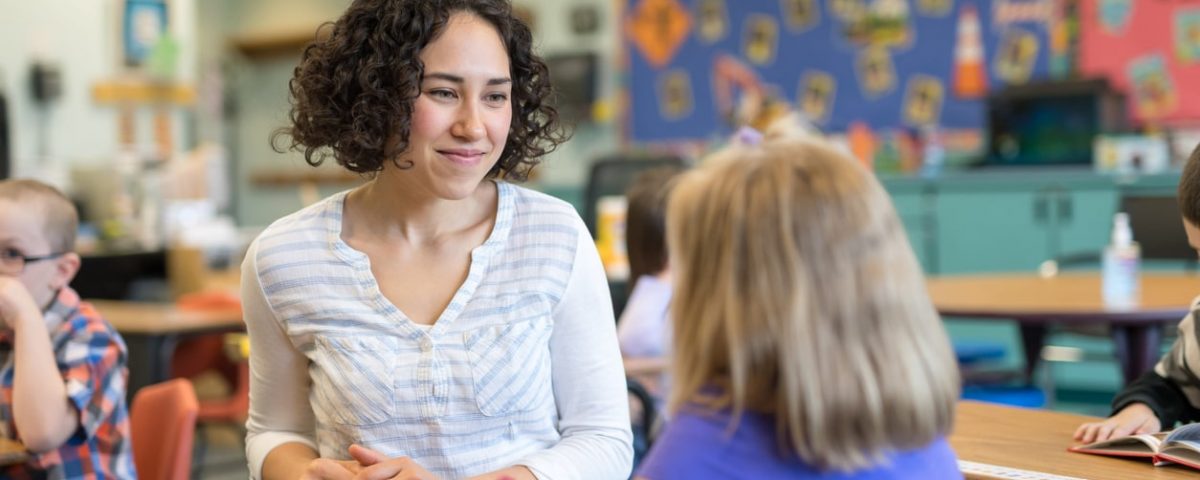Numbers Show that Many Charter Schools Struggle with Special Education

What to Know About Cyber-Attacks in the Public Sector
December 2, 2019
Discrimination in Public Sector Employment
December 16, 2019Numbers Show that Many Charter Schools Struggle with Special Education
Charter schools are known for serving families who want to choose a specific form of schooling for their students. They operate with more freedom than traditional public schools, working around certain regulations that are imposed on districts. Charters carry a level of popularity among communities where school choice is preferred.
Charter schools collect tax money and are required by law to follow federal regulations that are meant to help students with disabilities. Yet, charters have lower rates of students receiving special education services as compared to public schools.
Coming Up Short
Throughout the United States, charters serve far fewer students with disabilities, around nine percent. Compared to the national average of 13 percent at public schools, this can be seen as an unfair disadvantage for students’ special education programs and the students who are enrolled in them. Some state funding encourages charter schools to enroll more students with disabilities, but it can be tough in some parts of the country.
Expenses for special education offered by charter schools are paid by the local school districts. As a result of this, enrollment figures can have a wide range from state to state. However, charters are considered public schools and are supported by funds from taxpayers, and are open to any and all students. Since this is the case, it should be more normal to see the same numbers of students with special needs in both charters and public schools.
One reason why this may be the case is that charter schools were created to operate autonomously, or at least more so than traditional public schools. However, special education is the more regulated component of public education and is subject to state and federal oversight, creating a Catch-22 for charters.
This issue is spilling over to public schools as charters with selective entry and exit processes cause surrounding public schools with higher-than-normal concentrations of students that require additional resources and help. By requiring charter schools to enroll more students with disabilities, it could present benefits for both charters and public schools.
By serving more populations, including special education students, charters could be helping expose all students to a more diverse school experience. Charter schools could find benefits in this as well, as it will help to qualify them for additional public revenue and allow them to hire more special education teachers and staff.
About PGUI
Professional Governmental Underwriters, Inc., is a full-service risk management company dedicated to assisting public, educational and non-profit entities in the management of their professional liability exposures including educators liability insurance. We are dedicated to providing state-of-the-art professional underwriting management and loss control advisory services on behalf of our designated carriers. For more information, call us toll-free at (800) 586-6502.


